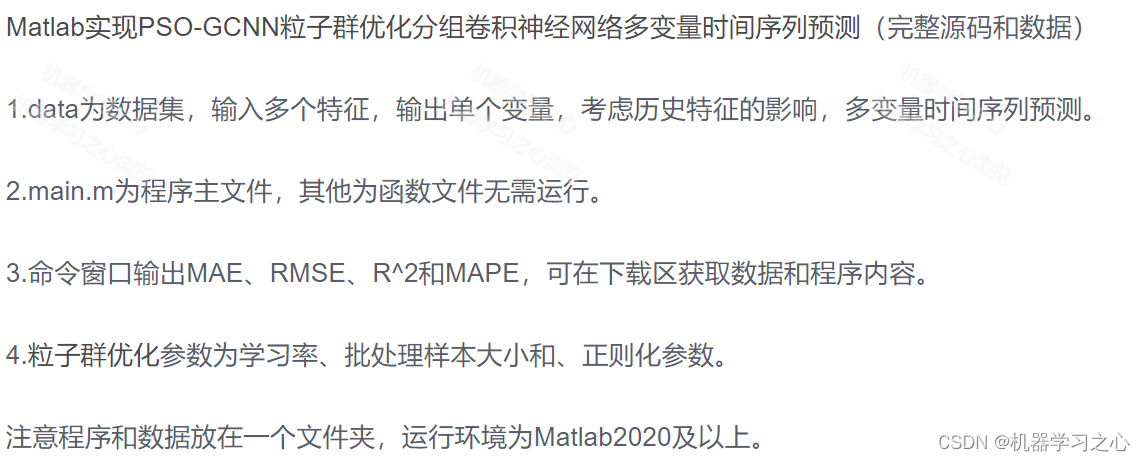
异步IO的方法
在Linux下,有几种常见的异步I/O(Asynchronous I/O)机制可供选择。以下是其中一些主要的异步I/O机制:
-
POSIX AIO(Asynchronous I/O):POSIX AIO是一种标准的异步I/O机制,定义在POSIX标准中。它使用
aio_read和aio_write等函数来进行异步读写操作,并使用回调函数或信号来通知I/O完成。 -
epoll:epoll是Linux特有的高性能I/O事件通知机制,使用较新的epoll API。它使用
epoll_create、epoll_ctl和epoll_wait等函数来实现对多个文件描述符的异步监控和事件通知。 -
kqueue:kqueue是BSD系统中的异步I/O机制,在Linux上可通过libkqueue库使用。它使用
kqueue、kevent和kqueue_wait等函数来实现对多个文件描述符的异步监控和事件通知。 -
IOCP(I/O Completion Ports):IOCP是Windows系统提供的异步I/O机制,但也可以在Linux上使用。它使用I/O完成端口来实现对多个文件描述符的异步监控和事件通知。
这些异步I/O机制各自有其特点和适用场景。POSIX AIO是标准的异步I/O机制,可在不同的操作系统上使用,但在Linux上的实现可能较为有限。epoll和kqueue是针对Linux和BSD系统的高性能事件通知机制,适用于大规模的并发I/O操作。IOCP主要用于Windows系统,但在Linux上也可以使用,特别适合处理大量的并发网络I/O。
epoll的使用案例
下面是一个使用epoll异步I/O机制来监控多个文件描述符的简单示例:
#include <stdio.h>
#include <stdlib.h>
#include <unistd.h>
#include <sys/epoll.h>
#include <fcntl.h>#define MAX_EVENTS 10
#define BUFFER_SIZE 1024int main() {int epoll_fd, num_fds;struct epoll_event events[MAX_EVENTS];// 创建epoll实例epoll_fd = epoll_create1(0);if (epoll_fd == -1) {perror("epoll_create1");exit(1);}// 打开多个文件并将其添加到epoll监控列表中int file_fds[MAX_EVENTS];file_fds[0] = open("file1.txt", O_RDONLY);file_fds[1] = open("file2.txt", O_RDONLY);num_fds = 2;for (int i = 0; i < num_fds; i++) {struct epoll_event event;event.events = EPOLLIN; // 监听读事件event.data.fd = file_fds[i];if (epoll_ctl(epoll_fd, EPOLL_CTL_ADD, file_fds[i], &event) == -1) {perror("epoll_ctl");exit(1);}}printf("Monitoring files...\n");// 进入事件循环while (1) {int num_ready = epoll_wait(epoll_fd, events, MAX_EVENTS, -1);if (num_ready == -1) {perror("epoll_wait");exit(1);}// 处理就绪事件for (int i = 0; i < num_ready; i++) {if (events[i].events & EPOLLIN) {// 可读事件发生int fd = events[i].data.fd;char buffer[BUFFER_SIZE];ssize_t bytes_read = read(fd, buffer, BUFFER_SIZE - 1);if (bytes_read == -1) {perror("read");exit(1);}buffer[bytes_read] = '\0';printf("File descriptor %d: Read %zd bytes: %s\n", fd, bytes_read, buffer);}}}// 清理资源for (int i = 0; i < num_fds; i++) {close(file_fds[i]);}close(epoll_fd);return 0;
}
kqueue的使用案例
以下是一个使用kqueue异步I/O机制来监控多个文件描述符的简单示例:
#include <stdio.h>
#include <stdlib.h>
#include <unistd.h>
#include <sys/event.h>
#include <fcntl.h>#define MAX_EVENTS 10
#define BUFFER_SIZE 1024int main() {int kq, num_fds;struct kevent events[MAX_EVENTS];// 创建kqueue实例kq = kqueue();if (kq == -1) {perror("kqueue");exit(1);}// 打开多个文件并将其添加到kqueue监控列表中int file_fds[MAX_EVENTS];file_fds[0] = open("file1.txt", O_RDONLY);file_fds[1] = open("file2.txt", O_RDONLY);num_fds = 2;for (int i = 0; i < num_fds; i++) {struct kevent event;EV_SET(&event, file_fds[i], EVFILT_READ, EV_ADD, 0, 0, NULL);if (kevent(kq, &event, 1, NULL, 0, NULL) == -1) {perror("kevent");exit(1);}}printf("Monitoring files...\n");// 进入事件循环while (1) {int num_ready = kevent(kq, NULL, 0, events, MAX_EVENTS, NULL);if (num_ready == -1) {perror("kevent");exit(1);}// 处理就绪事件for (int i = 0; i < num_ready; i++) {if (events[i].filter == EVFILT_READ) {// 可读事件发生int fd = events[i].ident;char buffer[BUFFER_SIZE];ssize_t bytes_read = read(fd, buffer, BUFFER_SIZE - 1);if (bytes_read == -1) {perror("read");exit(1);}buffer[bytes_read] = '\0';printf("File descriptor %d: Read %zd bytes: %s\n", fd, bytes_read, buffer);}}}// 清理资源for (int i = 0; i < num_fds; i++) {close(file_fds[i]);}close(kq);return 0;
}

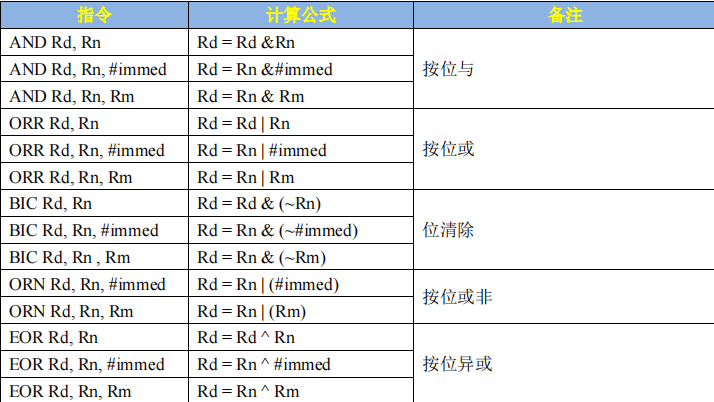
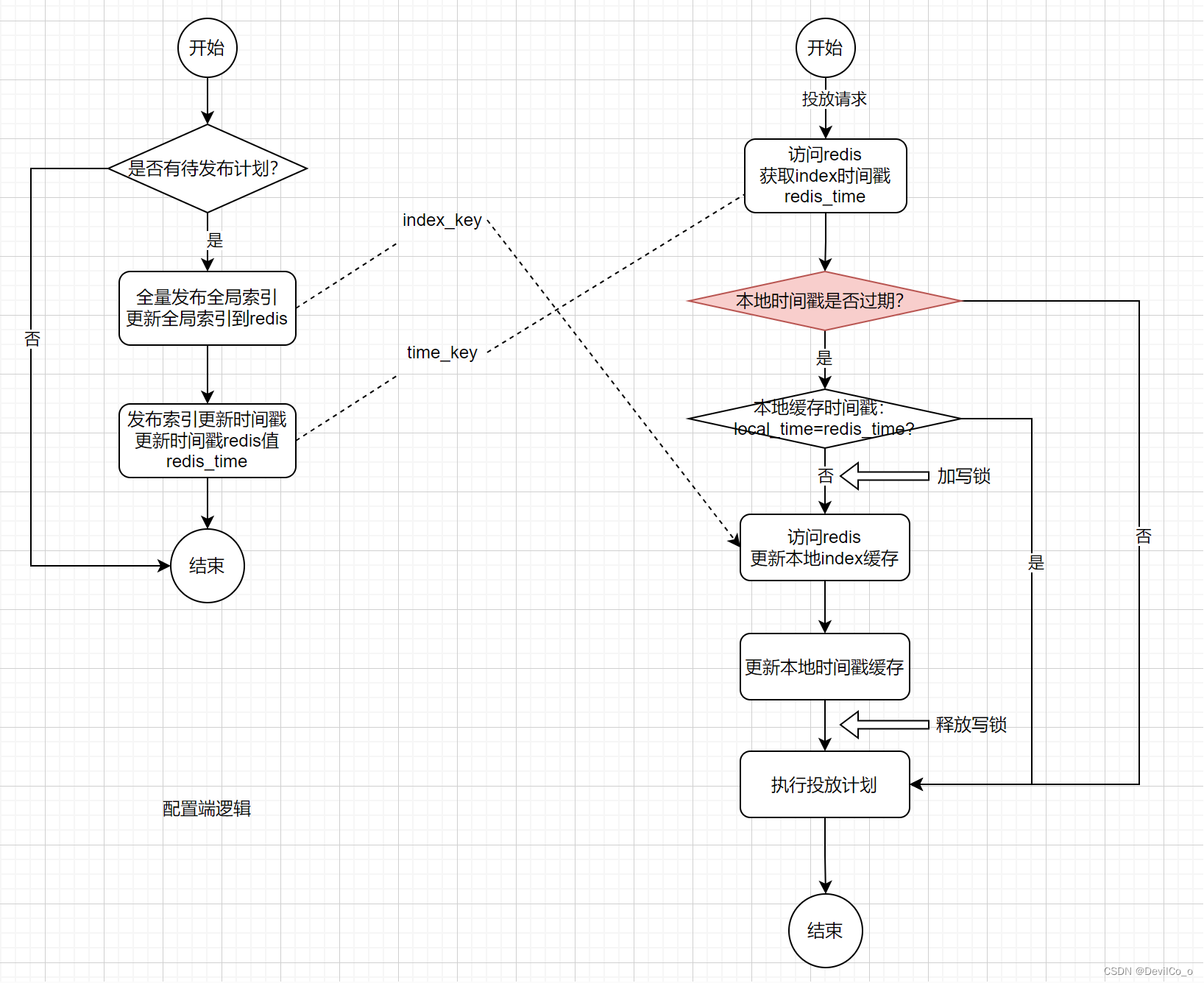

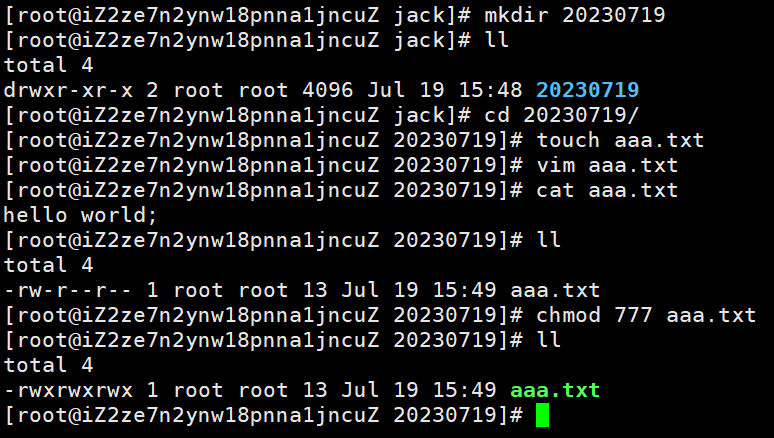
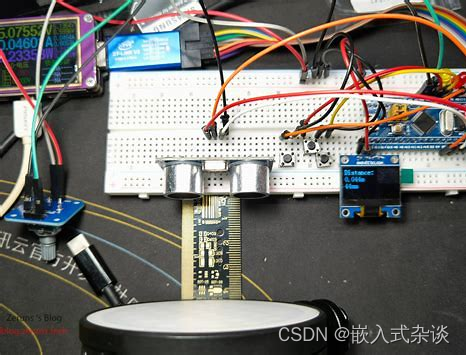
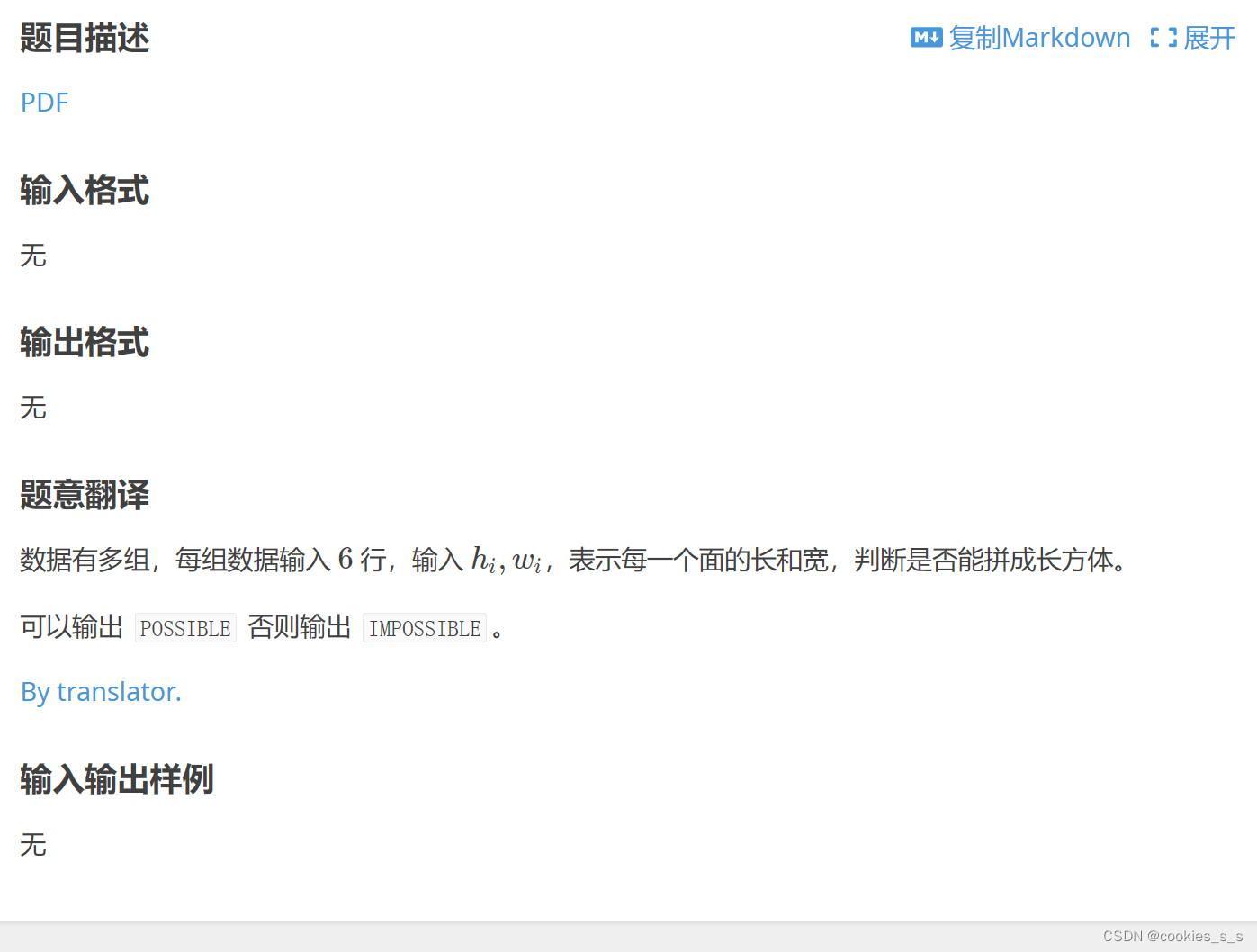
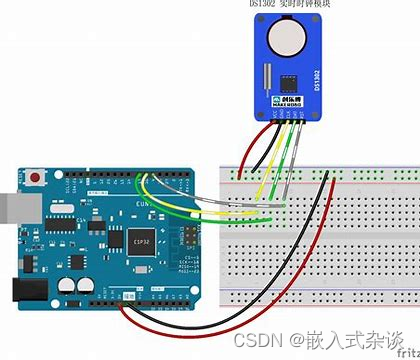
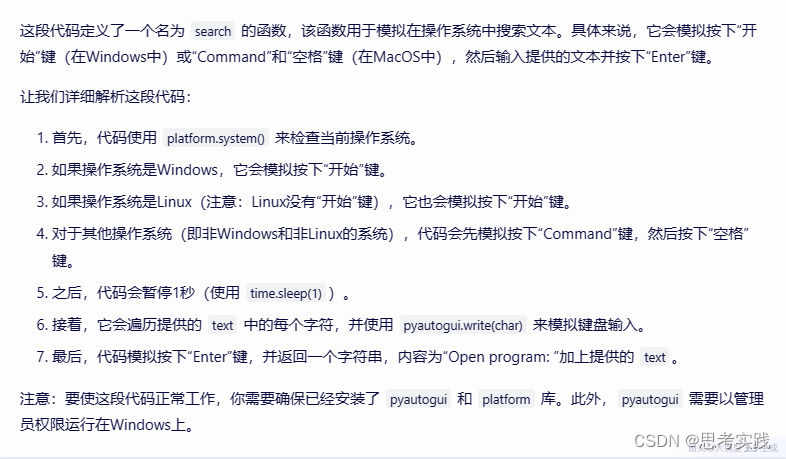

![[机器人-3]:开源MIT Min cheetah机械狗设计(三):嵌入式硬件设计](https://img-blog.csdnimg.cn/img_convert/1d14f7d5981ce07a7f3fcd1811fc45e8.webp?x-oss-process=image/format,png)
